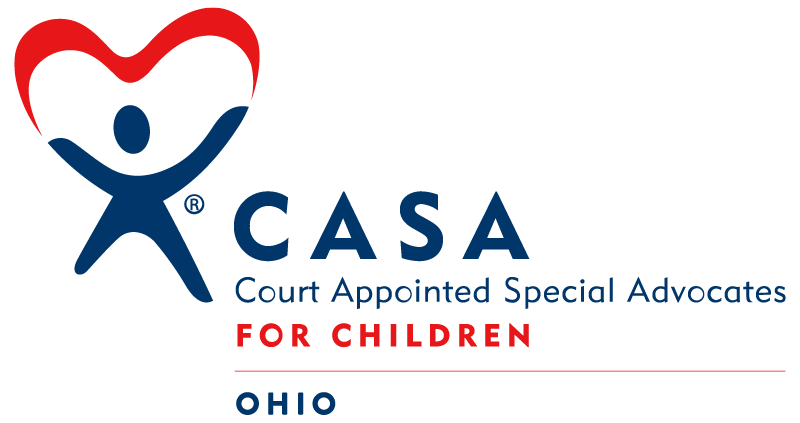
The Value of Leveraging Specialized Healthcare Services for Foster Youth
Faculty
Mary V. Greiner, MD, MS, Professor of Pediatrics and Medical Director, Comprehensive Health Evaluations for Cincinnati’s Kids (CHECK) Center, Cincinnati Children’s Hospital Medical Center
and
Sarah J. Beal, PhD, Associate Professor of Pediatrics and Scientific Director, Comprehensive Health Evaluations for Cincinnati’s Kids (CHECK) Center, Cincinnati Children’s Hospital Medical Center
Continuing Education Accreditation
- Approved: .75 hour Sup.R.48 and CLE
Description
This course will discuss the health needs and models of healthcare service delivery for children in the custody of county public children’s services agencies, including barriers to services as children experience entry into PCSA custody and placement changes. A description of service delivery models in Ohio and other states will be described, with the focus of helping CASA volunteers support children and families in accessing healthcare information and health services for children in their care. Final questions will focus on methods to identify healthcare needs of children and overcome challenges faced by CASA’s, families and youth.
Faculty Experience
Dr. Mary Greiner is a child abuse pediatrician and the medical director of the Comprehensive Health Evaluations for Cincinnati’s Kids (CHECK) Foster Care Center at Cincinnati Children’s Hospital Medical Center. Dr. Greiner has used her work with the CHECK Center to inform the study of issues related to health disparities for youth in foster care, including piloting and studying interventions to address identified needs for youth in foster care, substance use prevention, and the role of data sharing between healthcare systems and child welfare systems to improve health outcomes.
Dr. Sarah Beal is a researcher and scholar whose expertise lies in the intersection of healthcare service delivery and child welfare involvement. Through her NH-funded studies, Dr. Beal has investigated diverse aspects of health needs and service use, including exploring the social determinants and disparities associated with healthcare use to advance our understanding of risk factors, comorbidities and effective intervention for health promotion.

